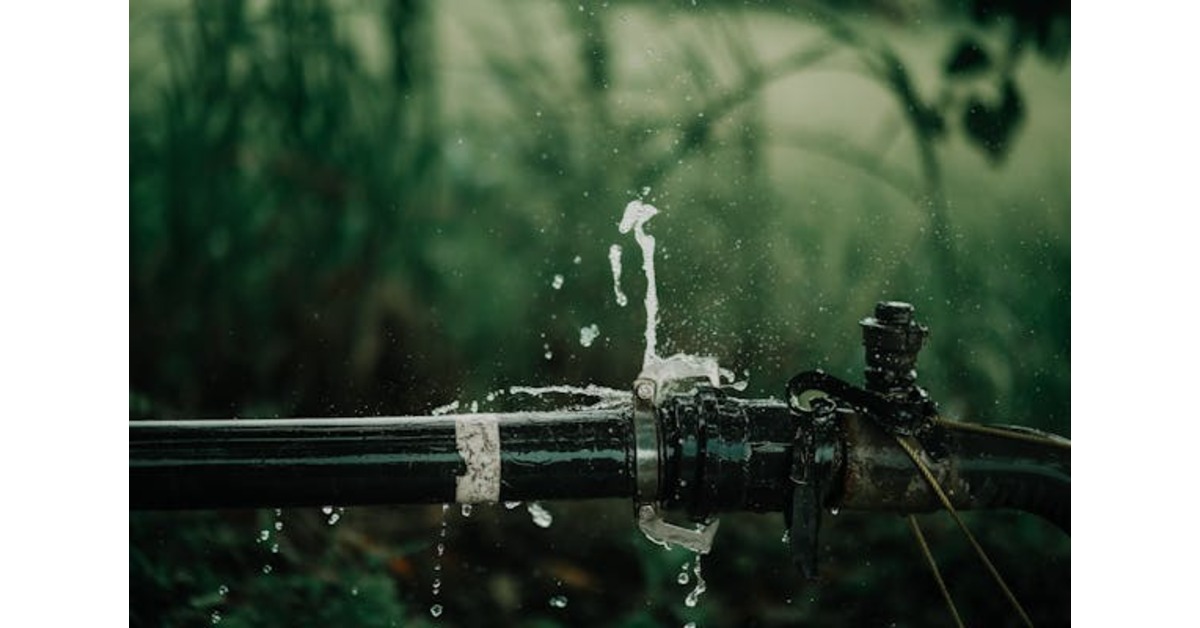Introduction to the Jiniphee Leak
In the world of online content and social media, privacy and data breaches have become increasingly common, capturing the attention of users globally. One recent case that has stirred online communities is the “Jiniphee Leak.” Jiniphee, known widely for engaging content on various platforms, became a trending topic when confidential material was reportedly exposed online, sparking widespread discussions and curiosity among followers and casual observers alike.
What is the Jiniphee Leak?
The Jiniphee Leak refers to the unauthorized release of personal or sensitive material associated with Jiniphee, a prominent online personality. This term has spread widely across social media and forums, capturing significant attention due to Jiniphee’s influence and the content’s unexpected exposure. In some cases, leaked content of online personalities can range from photos and videos to private conversations and other sensitive details. In Jiniphee’s case, the incident raised questions about online privacy, data security, and the boundaries of celebrity privacy in the digital age.
The Origins of the Leak
Reports suggest that the leak originated from a compromised account, potentially due to weak security measures or a targeted cyberattack. It remains unclear whether Jiniphee’s personal information was obtained through a phishing attack, a hacked device, or some other form of breach. However, the incident highlights vulnerabilities in online security and the risks associated with being a high-profile online figure.
Why the Jiniphee Leak Matters
1. Privacy Concerns
The leak sparked a conversation around privacy rights, especially for public figures. While Jiniphee’s content was already accessible to followers, the unauthorized leak brought to light private aspects of their life, raising questions about ethical boundaries and respect for personal privacy. The incident serves as a stark reminder that online privacy remains vulnerable, and public figures are often at higher risk.
2. Data Security Risks for Influencers
In recent years, online personalities and influencers have faced an increasing number of cyber threats. Jiniphee’s case sheds light on these risks, prompting other influencers to review their digital security practices. For those in the public eye, maintaining strong data security protocols has become essential, given the rapid rise of social media use and the proliferation of hacking techniques targeting personal accounts.
3. Impact on Fans and Followers
The leak led to widespread speculation among Jiniphee’s fan base. Fans expressed mixed reactions, with some showing concern and support, while others sought to delve into the leaked material. This reaction highlights the growing tension between curiosity and respect for privacy in the digital age, as fans navigate their roles in supporting influencers’ online safety.
The Legal and Ethical Implications of the Jiniphee Leak
Legal Consequences
The unauthorized distribution of private content is illegal in many jurisdictions. Depending on the nature of the leaked material, those responsible could face significant legal consequences, from fines to potential imprisonment. Furthermore, individuals who distribute or share such content can also be held accountable under privacy laws.
Ethical Boundaries and Public Interest
The ethical considerations surrounding leaks like Jiniphee’s are complex. While some argue that influencers implicitly give up certain privacy rights due to their public presence, others believe that they are entitled to personal privacy regardless of their online reach. Public interest can often clash with privacy rights, as fans and media outlets may find it difficult to navigate the line between transparency and respect for personal boundaries.
How Influencers Can Protect Their Privacy Online
1. Strengthening Password Security
One of the most effective ways for influencers to protect their accounts is by adopting strong passwords and using unique ones for each platform. Regularly updating passwords and avoiding easily guessable information can also improve security. Using password managers to store and generate complex passwords can be beneficial as well.
2. Two-Factor Authentication (2FA)
Two-factor authentication adds an additional layer of security by requiring a second form of verification, such as a code sent to a mobile device. Influencers should enable 2FA on all platforms to minimize the risk of unauthorized access.
3. Regular Security Audits
Online personalities should perform regular security audits to check for potential vulnerabilities. This includes reviewing account permissions, checking for unknown logins, and ensuring software and apps are updated to the latest versions to prevent exploits.
4. Educating Themselves About Phishing and Social Engineering Tactics
Phishing scams and social engineering attacks remain common methods for hackers to gain access to private information. Influencers should familiarize themselves with these tactics to recognize potential threats, such as suspicious emails, links, or messages asking for login information.
How the Jiniphee Leak Influences Future Online Privacy Measures
The Jiniphee leak has already led to increased awareness around online security measures, not only for influencers but for all internet users. As a high-profile example of data vulnerability, the incident may lead to changes in how social media platforms approach account security for public figures, possibly pushing platforms to implement stricter verification processes and improved data protection measures.
Increased Pressure on Social Media Platforms
Following the leak, many fans and privacy advocates have urged social media companies to prioritize user security. The call for better safety features reflects a growing sentiment that platforms need to be more proactive in protecting users from data breaches and unauthorized access.
Encouraging a Cultural Shift Toward Privacy Respect
The Jiniphee leak also underscores the need for a cultural shift toward respecting privacy. Many fans have shown support for Jiniphee by discouraging the sharing or viewing of leaked content, and this trend may inspire others to adopt a more privacy-conscious approach to online behavior.
Lessons Learned from the Jiniphee Leak
The Jiniphee leak provides several key takeaways for both influencers and everyday users:
Data Security is Everyone’s Responsibility
Whether you’re a high-profile influencer or a casual social media Jiniphee Leak it’s crucial to prioritize account security and understand the risks associated with online platforms.
Privacy Rights Must Be Respected
Leaks like Jiniphee’s remind us of the importance of respecting individual privacy, even when dealing with public figures. Fans and followers should consider the ethical implications of seeking out or sharing leaked material.
Digital Vigilance is Essential in Today’s World
For influencers and online personalities, being vigilant about digital security is no longer optional. From using two-factor authentication to staying informed about new cyber threats, remaining cautious is key to preventing future incidents.
Conclusion
The Jiniphee leak serves as a cautionary tale for both influencers and their followers, emphasizing the importance of online privacy and data security in an increasingly digital world. As Jiniphee and other public figures navigate the challenges posed by data breaches, fans are reminded to respect privacy boundaries, while influencers are urged to take proactive steps to safeguard their information. In the end, the incident reveals the pressing need for improved security measures and cultural awareness around online privacy.
The Jiniphee leak is a pivotal event that highlights the vulnerabilities of public figures in the digital age. It serves as a learning opportunity, urging everyone to take their online security seriously and respect the privacy of others. By prioritizing these values, we can foster a safer and more respectful digital environment.


